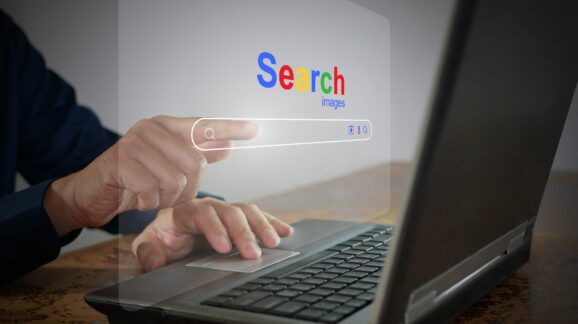Justice Department ignores consumers, boosts Bing in Google antitrust trial

Photo Credit: Getty
The Department of Justice’s (DOJ) case accusing Google of having and unlawfully maintaining a monopoly in search is in full swing in US District Court in Washington. It’s fact that Google claims the vast majority of search queries, but is that due to nefarious default agreements with device manufacturers, browser makers, and carriers? Or is their high market share the result of a superior product?
The DOJ claims that these agreements, wherein Google pays billions and shares revenues to have its search engine preloaded as the default, mean there’s no competition in search. But because defaults are easy, quick, and free to change, end users are free to use whatever search engine they’d like. It’s the equivalent of changing radio presets on a car. If broadcasters paid car manufacturers to preload certain stations would consumers or antitrust authorities be up in arms? Unlikely. Furthermore, those arrangements might result in consumers paying less for the car, just as smart phones are likely cheaper to end users due to the offset of money Google pays to those makers. It’s a win for consumers that this suit puts as risk.
Even though the last 40 years of US antitrust law has been rightly concerned with consumers, the current DOJ is fretting over the plight of Google search competitors, Microsoft’s Bing among them. But this argument also falls flat. In testimony at the trial, it was revealed that Microsoft had a seat at the bidding table for defaults with Apple too. As impressive as Google’s market cap of $1.5 trillion is, it’s still dwarfed by Microsoft’s $2.2 trillion value. Those are some deep pockets perfectly capable of competing in the marketplace if all of this was just about money. In fact, a Microsoft vice president in charge of growing Bing testified that at times the company offered Apple 100% of search revenue or more, but still lost the contract to Google.
So what was Apple’s motivation for choosing Google as its default instead of Microsoft’s Bing?
The answer is that Apple, wanting to offer consumers the best possible user experience, knew Google search was a superior product. Under cross examination, a lawyer for Google showed that no matter what search was loaded as the default on a device, consumers still ended up using Google search. Specifically, that when Blackberry devices were popular and their default was Bing, 91% of their searches were still made on Google. That indicates that not only were consumers competent to change default settings even early on in smartphone history, but also that they preferred the Google search experience.
So, if consumers have a choice for search and the default settings bidding was competitive, what is the DOJ doing wasting tax payer dollars pursuing this case? That’s a good question.